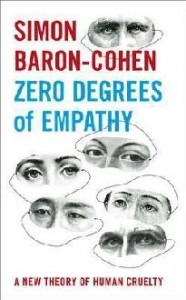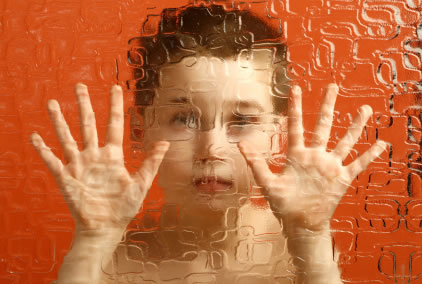- If someone asked you if you liked their haircut would you tell them the truth even if you didn’t like it?
- When people talk do you prefer to talk about their experiences rather than your own?
- Do friends talk to you about their problems, do they say you are understanding
Empathy is one of our most powerful emotions yet society has all but ignored it. In an excellent article in today’s’ Guardian Autism expert Professor Simon Baron-Cohen reveals the science behind “the world’s most valuable resource”.
Zero degrees of empathy means you have no awareness of how you come across to others, how to interact with others, or how to anticipate their feelings or reactions. It leaves you feeling mystified by why relationships don’t work out, and it creates a deep-seated self-centredness. Other people’s thoughts and feelings are just off your radar. It leaves you doomed to do your own thing, in your own little bubble, not just oblivious of other people’s feelings and thoughts but oblivious to the idea that there might even be other points of view. The consequence is that you believe 100% in the rightness of your own ideas and beliefs, and judge anyone who does not hold your beliefs as wrong, or stupid.
Zero degrees of empathy does not strike at random in the population. There are at least three well-defined routes to getting to this end-point: borderline, psychopathic, and borderline personality disorders. I group these as zero-negative because they have nothing positive to recommend them. They are unequivocally bad for the sufferer and for those around them. Of course these are not all the sub-types that exist. Indeed, alcohol, fatigue and depression are just a few examples of states that can temporarily reduce one’s empathy, and schizophrenia is another example of a medical condition that can reduce one’s empathy. Link to read this article
How empathetic are you? Find out take the Empathy Quotient test test

Source: The Guardian
*This is not an affiliate link
Zero Degrees of Empathy
By Simon BaronCohen

